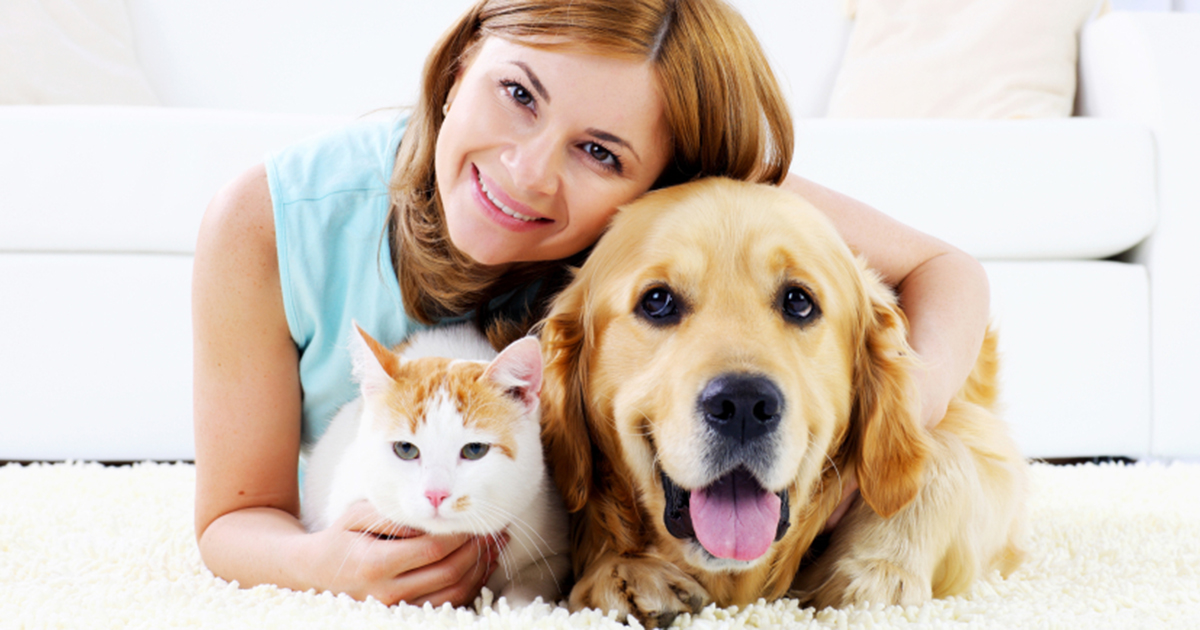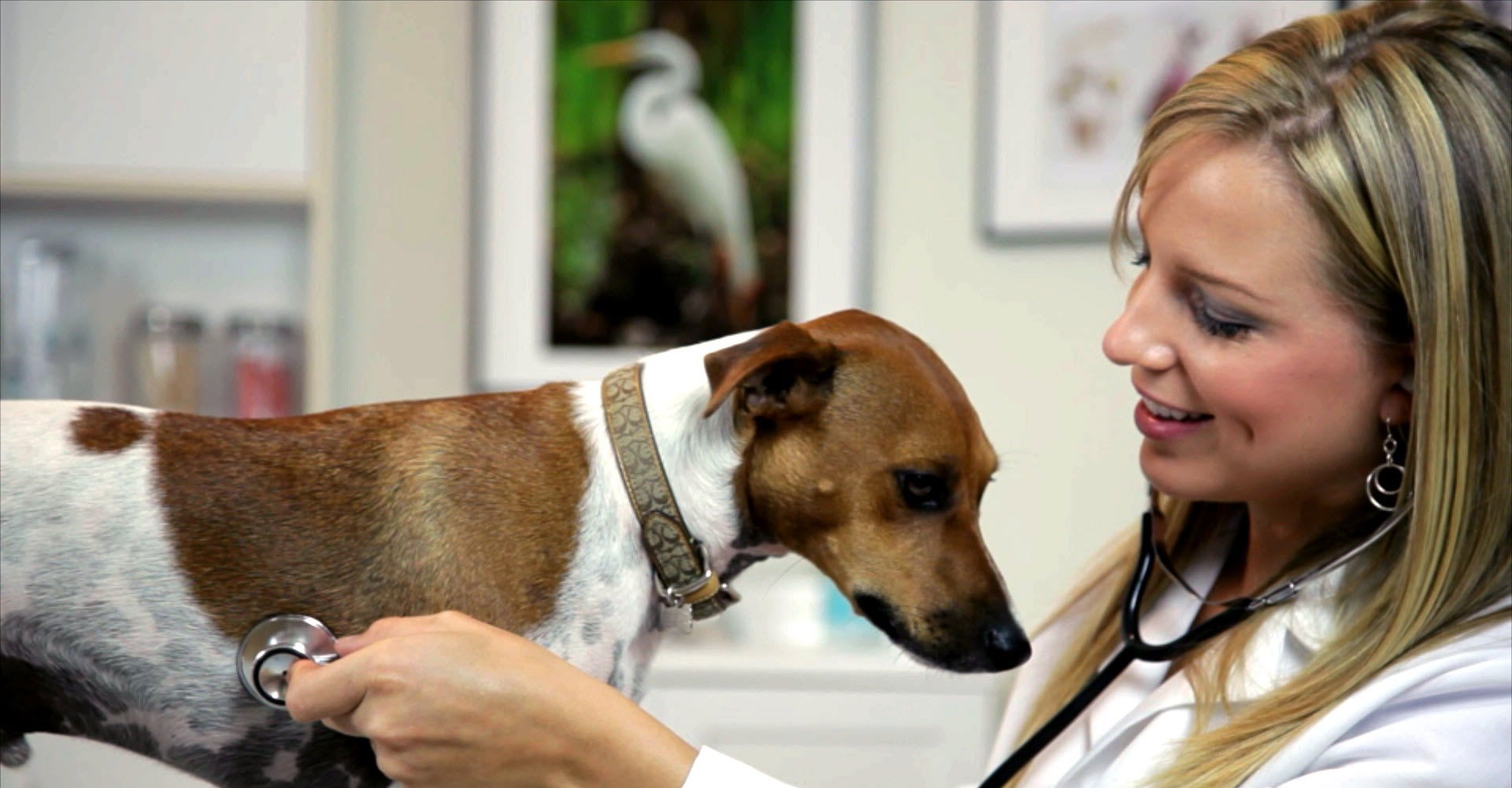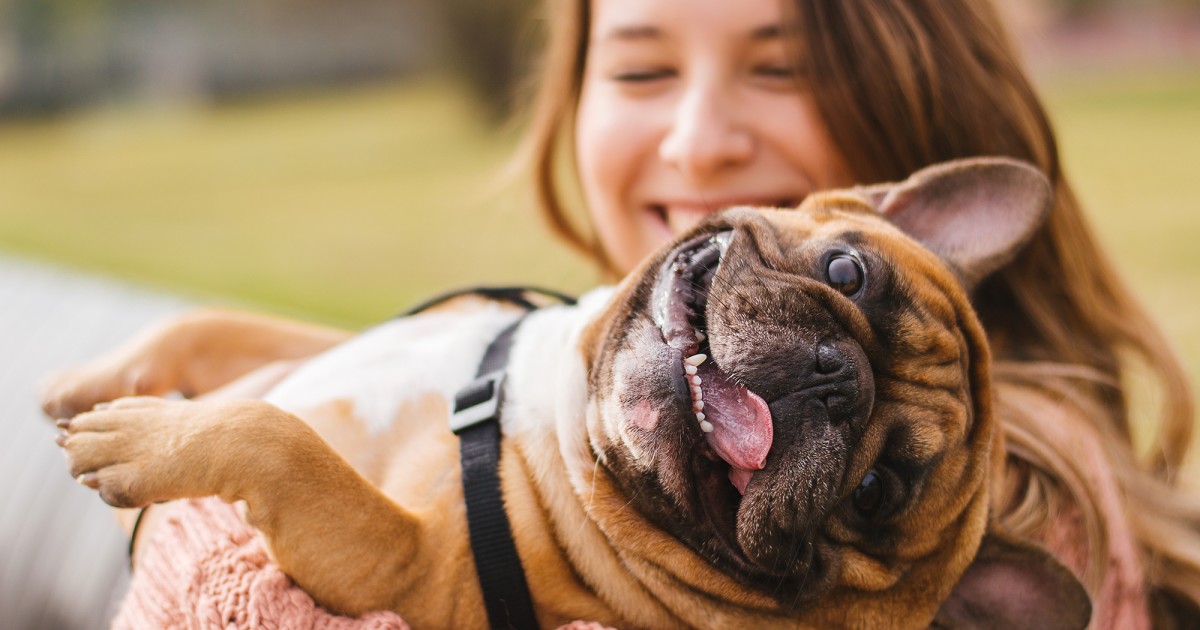Feeding your cat a special high calorie diet is not necessarily the answer when asking “why does my cat need to gain fat”. Most cats are usually quite overweight and not underweight, instead. It is the excess body fat that poses the health problems for your cat. Your vet can advise you on the best foods to feed to support it gaining weight, and other methods to help it gain weight besides special foods to put in its food bowl. However, before you list down any special high calorie foods to add to its food bowl, consider the following: do your cat really need to gain fat?
All wild cats eat a variety of foods, including those with higher caloric content: If your cat has special dietary requirements, it may not be possible to satisfy its needs by feeding it low calorie meals, or even if you do so, the caloric content may be too low to provide your cat with the nutrients required. If you think you cat may not get enough calories through its normal food meals, add extra supplements to its diet. To do this, purchase commercially prepared cat food, but make sure it contains high quality meat meal and poultry meal. This will increase its calorie intake even more.
A cat with a medical problem can benefit greatly from an increased calorie intake: as a proportionately larger calorie intake will allow your cat’s body to heal faster, increasing its chances of recovering. One common medical problem in cats is feline AIDS, or Feline Immunodeficiency Virus, which affects the immune system. If left unchecked, the virus can weaken the cat’s ability to fight other diseases and can eventually result in death. To prevent your cat from getting AIDS, vaccination is highly recommended.
It’s very important that your cat is eating at least enough to support its normal activity level: If your cat is either inactive or doesn’t eat as much as it should, a lack of nutrition can lead to weakness and a loss of appetite. If you suspect your cat isn’t eating as much as it should, see your veterinarian and discuss ways to increase its calorie intake. Most vets offer dietary advice to patients with pets, including recommendations for food, but some also practice veterinary nutrition themselves. If your veterinarian doesn’t practice nutritional medicine, contact your local animal clinic for help.
Cats that are overweight face many health issues: some of which are deadly. Not only are underweight cats more prone to heat stroke and serious illnesses, they’re also less active and less likely to playful pursuits, such as running. Losing weight is important to the overall health and well being of your cat, so make sure you’re feeding your cat properly. It may take a few tries before you find the best formula for your particular feline friend.
Feeding methods and the amount and type of food: vary depending on the age and physical activity level of your pet. Senior cats, for instance, need to eat smaller, more frequent meals to prevent them from becoming too obese. Older cats with diabetes will need to eat less dry food and more wet food.
And kittens and cats in the foster care system need to eat meals very fast to stimulate their systems and prevent them from being hungry all day.




